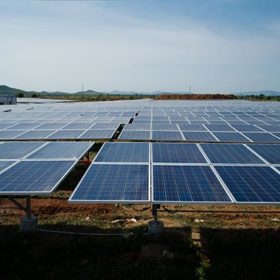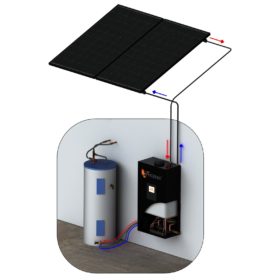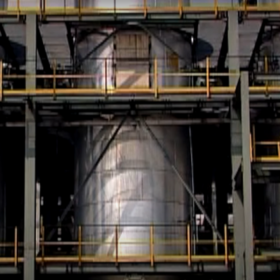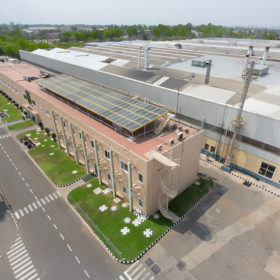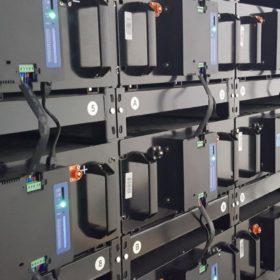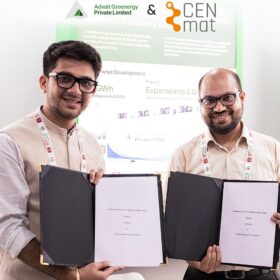L&T, ReNew Power partner on green hydrogen business
EPC contractor Larsen & Toubro has partnered with renewable energy developer ReNew Power to develop end-to-end competitive solutions in green hydrogen.
Tata Power awarded India’s largest solar and battery storage project
Tata Power Solar has secured the engineering, procurement, and construction contract for a 100 MW solar field with a 120 MWh battery. The project, awarded by the Solar Energy Corporation of India, will be in Chhattisgarh.
Solar heat pump solution for water, pool heating
U.S. solar thermal specialist Fafco is set to launch a new photovoltaic-thermal heat pump solution for water and pool heating. The system consists of photovoltaic-thermal panels, a 5 kWh thermal battery with a heat pump, and an electric hot water heater.
Birla Carbon to launch energy storage solutions
The carbon black solutions manufacturer will launch its Conductex i and Conductex e range of products for lithium ion and lead acid battery applications at The Battery Show Europe 2021. With this launch, it aims at reaching out to energy storage market customers in Europe and globally.
Ohmium ships its first ‘made in India’ hydrogen electrolyzer to USA
USA-headquartered Ohmium International, through its subsidiary in India, manufactures modular-interlocking proton exchange membrane (PEM) electrolyzers for hydrogen production. The company aims to make India a nucleus for global hydrogen-based green energy solutions with R&D centers in Silicon Valley (USA) and Bengaluru (India).
Round-the-clock tenders can help India meet demand for firm renewable power
A report has stated the renewable-plus-fossil fuel model is the best short term option to meet the assured supply conditions in the Solar Energy Corporation of India’s round-the-clock power tenders. Further out, as the cost of batteries decline, that technology is likely to become the most viable option for providing critical, non-intermittent power.
TVS Motor commits US$161.2 million of electric vehicle investment in Tamil Nadu
The company has signed a memorandum of understanding with the state government to invest INR 1,200 crore for the design, development and manufacturing of new products and capacity expansion in the electric vehicles space.
UK business claims to offer ‘world’s most sustainable lithium-ion battery’
English manufacturer Aceleron claims every component of its devices can be accessed for replacement, repair or recycling, with the business’ co-founder stating the aim is to ensure ‘100% of the materials in our batteries will continue to be used for as long as possible – preferably forever.’
Renew Power wants to set up 50 kiloton green hydrogen plant in Madhya Pradesh
The renewable energy developer is ready to invest INR 18,000 crore (US$ 2414.29 million) in setting up a 50 kilotonne per annum green hydrogen production plant in the State.
The energy storage decade has arrived, BNEF says
Falling battery costs and “surging” renewables penetration make energy storage a “compelling flexible resource in many power systems.”

